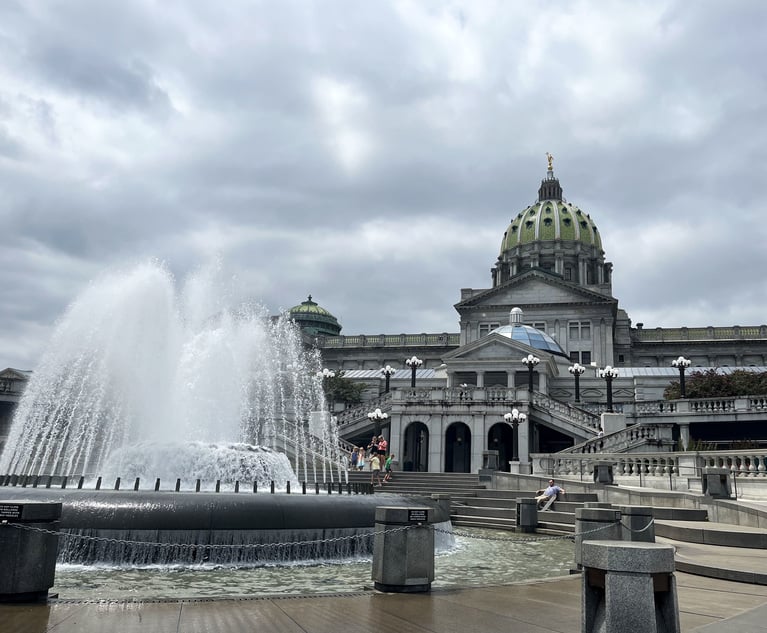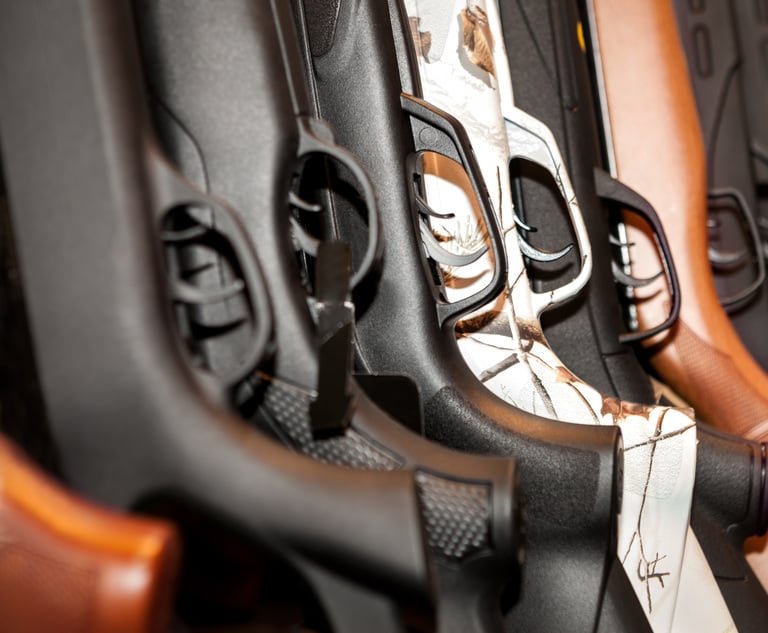In 2016, Pennsylvania joined several other states in enacting legislation legalizing the use or possession of medical marijuana within its borders. Inherent in adopting this legislation is the regulation of the various retailers and manufacturers charged with supplying legal green to licensed users of medical marijuana. Now that the commonwealth has legislated the “how” of medical marijuana use, local governing bodies are taxed with legislating the “where.” The following addresses state and local regulation concerning the zoning of the medical marijuana industry.
State Regulation of Medical Marijuana Organizations
The Medical Marijuana Act (the act), 35 P.S. Section 10231.101 et seq., authorizes the Pennsylvania Department of Health (the department) to issue permits to “medical marijuana organizations” (MMOs), bifurcated by the act into two categories—namely dispensaries and grower/processors. As the terms suggest, dispensaries are authorized by the department to dispense medical marijuana and grower/processors are permitted by the department to grow and process medical marijuana. The act required the department to divide the commonwealth into regions and to regulate the number of permits issued per region. As a result, the department essentially regulates the amount of medical marijuana grown, manufactured and sold in each region. (The act required the department to establish at least three regions and the department actually established six regions). The department is initially only permitted to issue 25 permits to growers/processors and 50 permits to dispensaries statewide. In addition to the limited number of permits available, stringent state-mandated application requirements and hefty fees (i.e, an initial application fee of $10,000 for grower/processors and $5,000 for dispensaries; a first-year permitting fee of $200,000 for grower/processors and $30,000 for dispensaries; and additional renewal permitting fees) further limit MMO locations in the commonwealth.


 Jennifer L. Malik, left, and Krista-Ann M. Staley, right, of Babst Calland Clements & Zomnir.
Jennifer L. Malik, left, and Krista-Ann M. Staley, right, of Babst Calland Clements & Zomnir.




